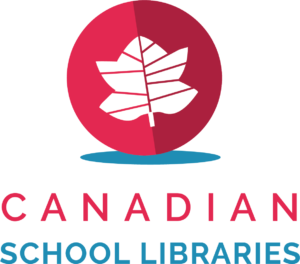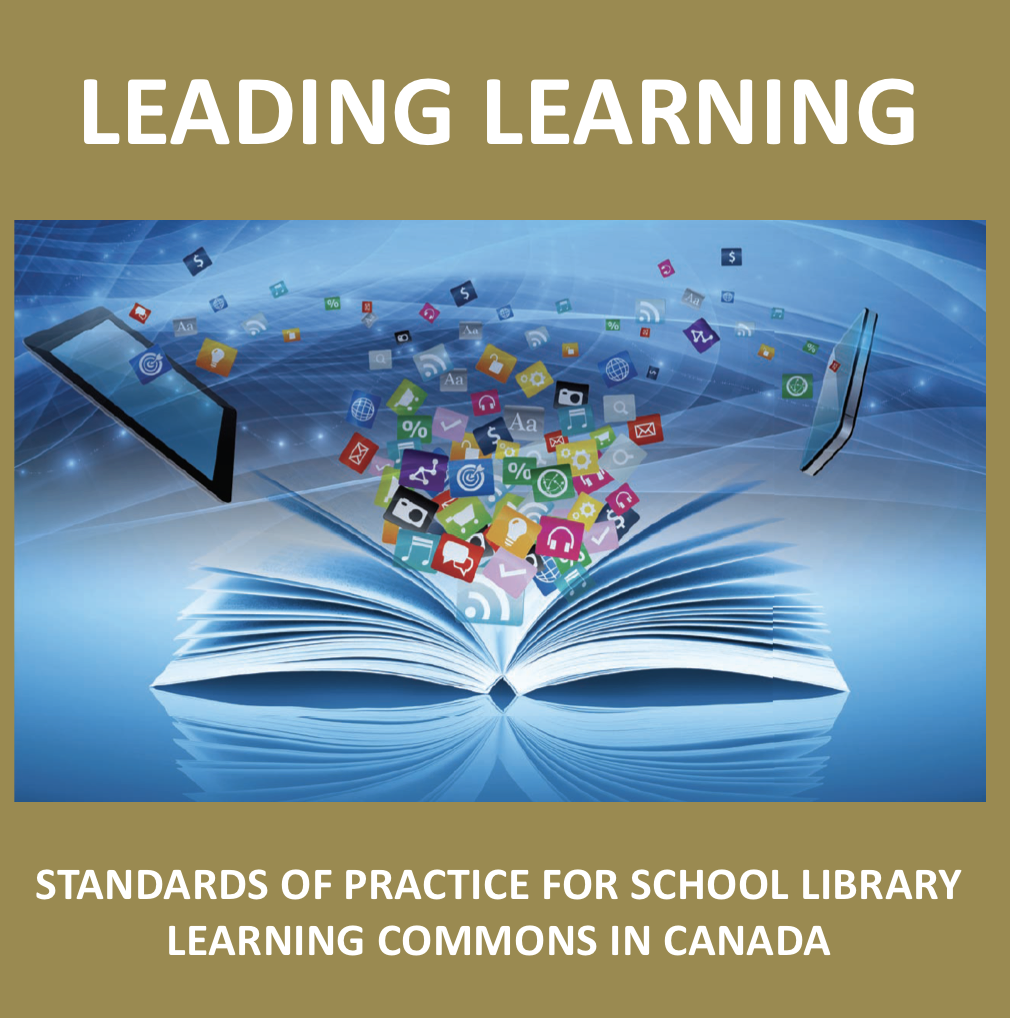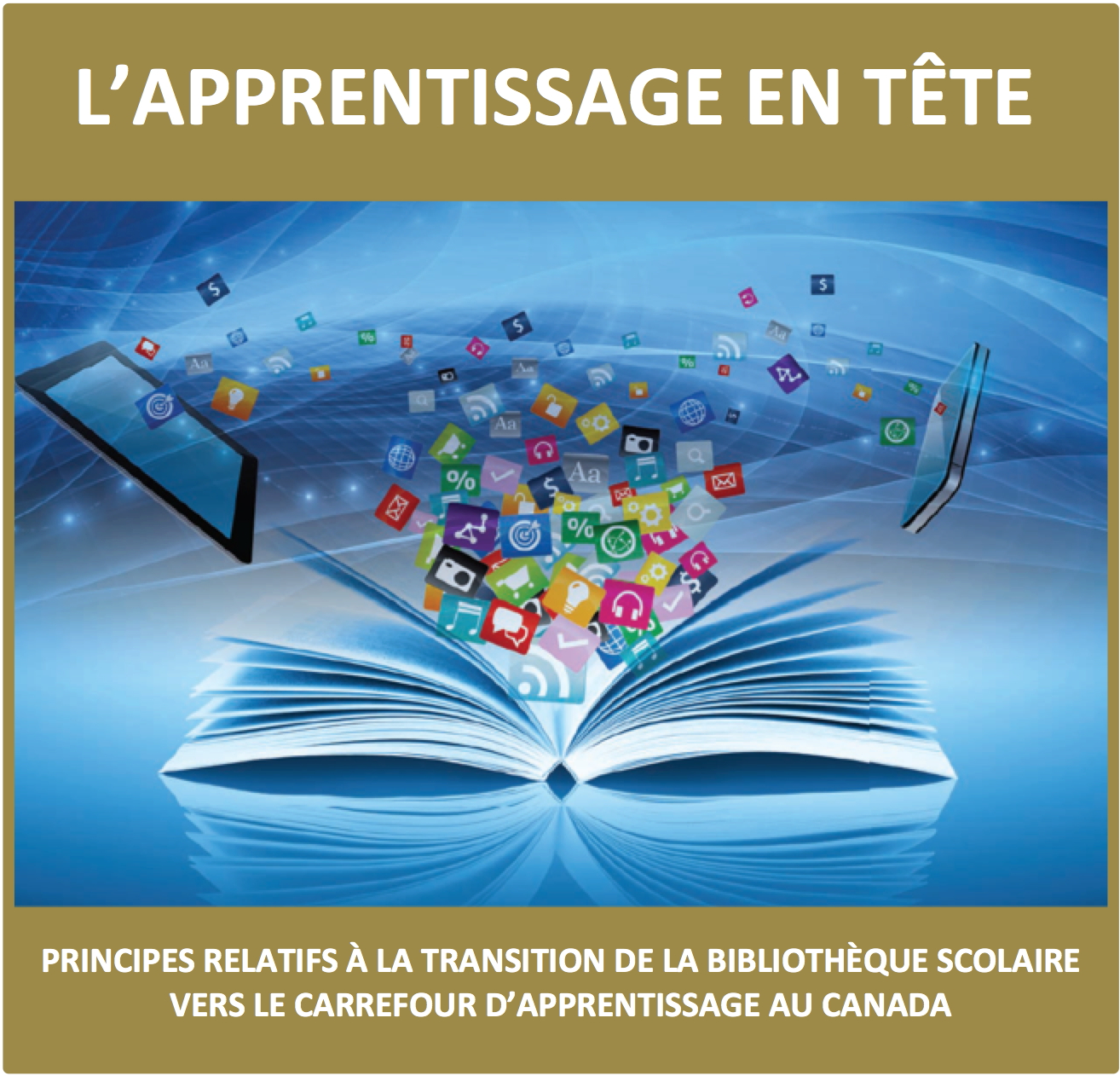This week I had the immense pleasure of attending the Festival of Trees in both Toronto and Ottawa. Thousands of young people gathered in these two cities and several others across the province to celebrate good books and amazing Canadian authors. The festival is the culminating event for the Ontario Library Association’s Forest of Reading program.
Every year approximately 250,000 readers from across Ontario participate in one of the Forest programs, choosing from lists of current, Canadian books selected by librarians and teacher-librarians. The readers choose the award winners by voting for their favourite selections. There are three main elements that make this such an enjoyable experience for readers:
-
great books (you won’t find formulaic writing here, nor will you find leveled texts)
- an engaging program, lead by passionate public and school library staff
- choice in reading materials
And why are these elements so critical? Because they foster engagement in reading. The Forest motivates students to want to read. Fostering reading engagement is one of the core value propositions for school libraries. In the library, the entry point to reading is interest, and readers are encouraged to make their own choices. These elements create better readers and foster the habit of lifelong reading.
“When students are encouraged to pursue their own interests and passions and are free to choose from a rich collection within an inviting environment, they are motivated to read and their reading and depth of understanding improve.” (Together for Learning: Reading Engagement)
Do Standardized Tests Tell the Whole Literacy Story?
According to the results of Ontario’s province-wide standardized tests conducted by the Education Quality and Accountability Office (EQAO), Ontario’s students reading skills are

Author Kenneth Oppel tells the 2014 Festival of Trees in Ottawa that “book-breathing makes you smarter” .
improving. These results are celebrated in the province’s Renewed Vision for Education in Ontario. But does the improvement in test scores for reading tell the whole story?
According to the study Reading for Joy (2011) from People for Education, at the same time that reading scores are increasing, engagement in reading is declining. Using data from the same EQAO tests reporting an overall increase in reading skills, People for Education investigates why these same students report that they like reading less. EQAO ask students a qualitative question on the test – do you like to read. Between 1998/99 and 2010/11, the number of grade 3 students who said they liked to read dropped from 75% to 50%. Grade 6 students dropped from 65% to 50%.
So Why Is Reading Engagement Important?
People for Education’s Reading for Joy cites international studies demonstrating that reading enjoyment affects achievement, and social and civic engagement. “Reading enjoyment permeates school life”, concludes the report. “If, as the EQAO data show, half of Ontario’s grade 3 and 6 students don’t enjoy reading, this may have an impact on their overall attitude toward learning which can last a lifetime.”
The School Library Program: Unique Value for the Literacy Framework
Research by Queen’s University and People for Education (School Libraries and Student Achievement in Ontario, 2006) found a correlation between enjoyment in reading and school library programs. Specifically, the study found that:
- Grades 3 and 6 students in schools with teacher-librarians are more likely to report that they enjoy reading.
- Schools with trained library staff are more likely to have a higher proportion of grade 6 students who achieved a level 3 or higher on reading tests.
- Schools without trained library staff tend to have lower achievement on grades 3 and 6 reading tests (both in terms of average achievement and attaining level 3 or higher).
These results are corroborated by a large body of research showing a strong correlation between reading achievement and effective school library programs.
Toronto District School Board teacher-librarian Diana Malisewszki tells the story of the impact of the Forest of Reading in an elementary school in her recent article, Reading Choice is Reading Engagement. Diana, herself a model of the passion teacher-librarians can bring to reading, provides an excellent top ten list of things teachers (well, everyone) can do to foster reading engagement.
Moving Beyond Pockets of Excellence
Ontario is in the process of re-imagining its approach to education, building on the successes of the past decade. Reading scores have improved, but reading engagement has declined. Ontario has many “pockets of excellence” when it comes to the positive effects of strong library programs on reading. It’s time to move beyond the huge inequities that characterize Ontario students’ access to quality school library programs, and help create a province of life-long readers. The Forest of Reading is an awfully good start.












